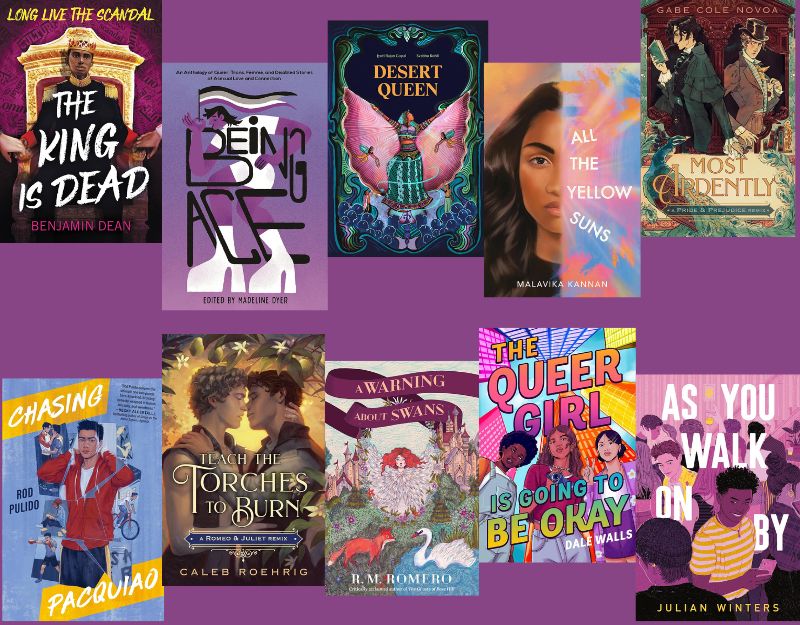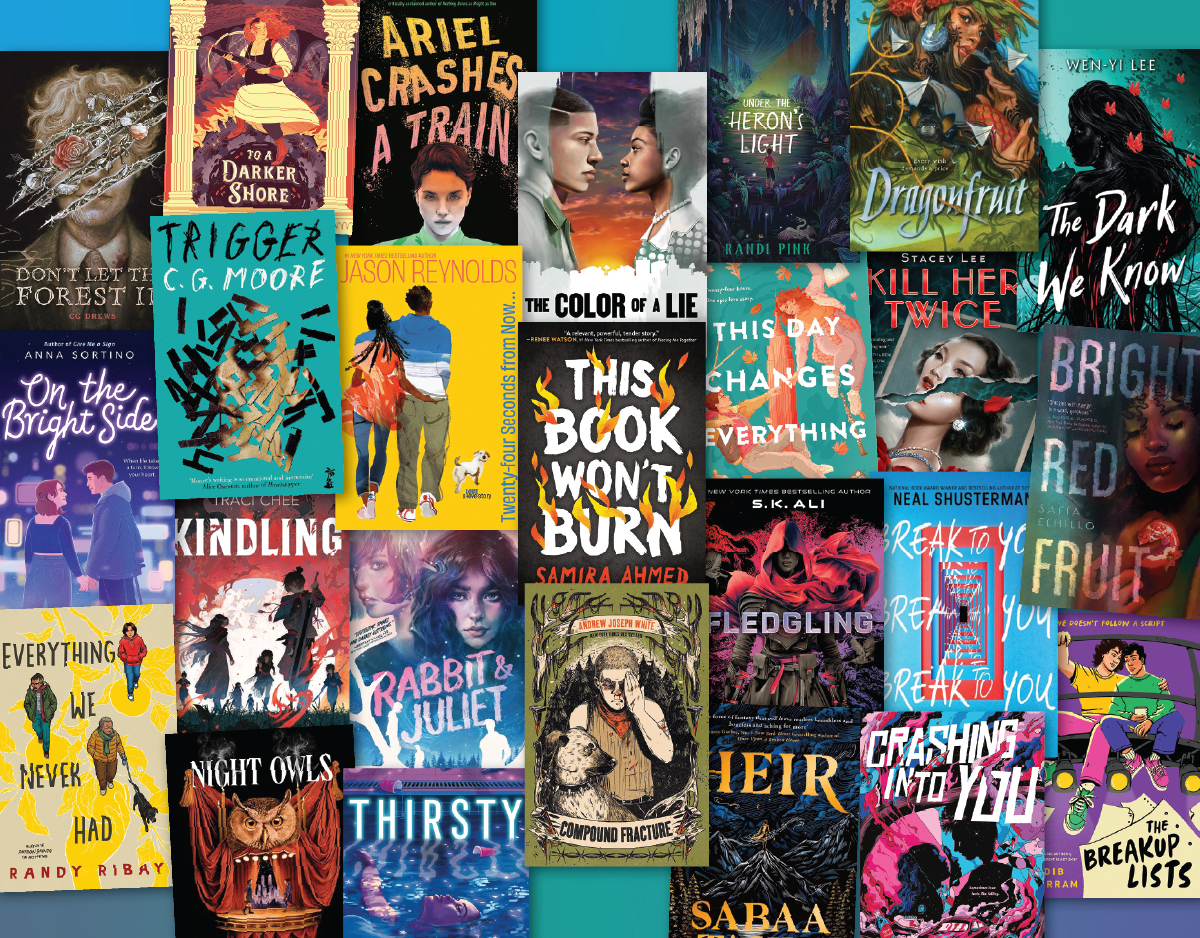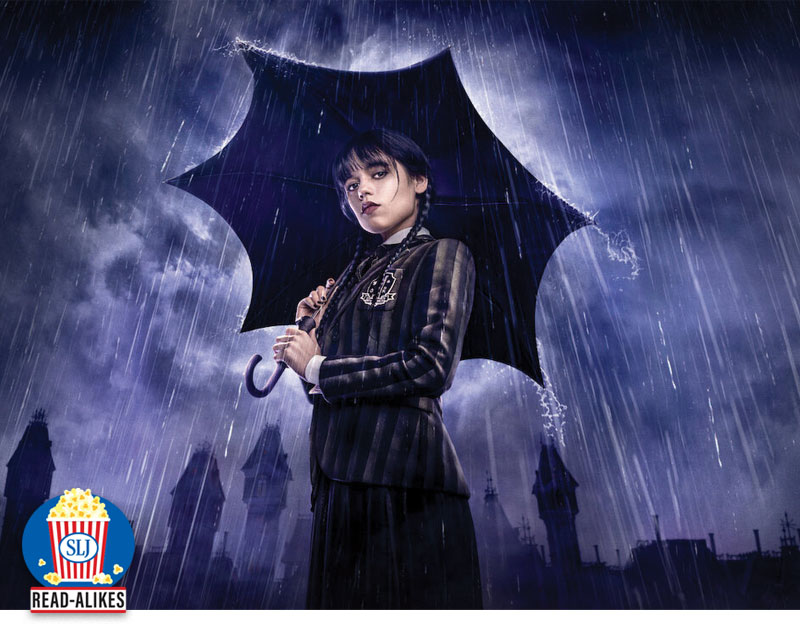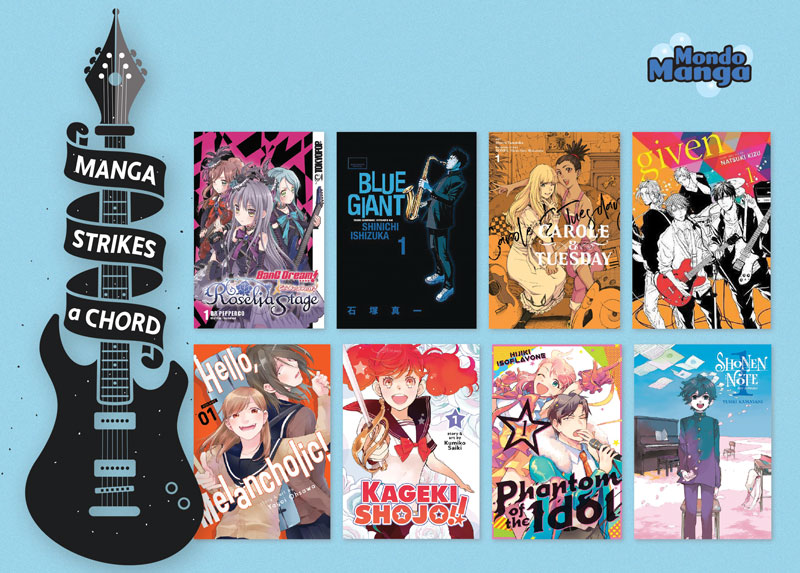Adrift In Toxic Nostalgia, a guest post by London Shah
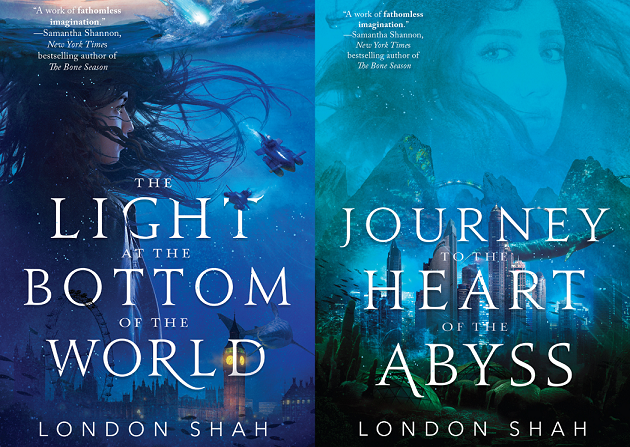
Despite being a detailed planner in my approach to writing, something I hadn’t considered beforehand in my Light the Abyss science-fiction series—The Light at the Bottom of the World, and Journey to the Heart of the Abyss—was the themes. One of the issues that emerged as I wrote is that of toxic nostalgia. My underwater world is drowning in such destructive sentimentality.
Of course, nostalgia can have important psychological functions, providing—among other things—comfort, meaning, and understanding. It’s harmless when it remains reflective and aware. But this beautiful, complex human emotion is also a great tool for comparing our present with the past, and thus is so often exploited by those who seek to control us. Politicians, and the media loyal to them, are all too aware of the power of nostalgia. Whenever a nation is struggling to reassert itself, its society is bombarded with accounts of their once glorious past. A seemingly harmless practice, logical even. But the problem is, it rarely stops at factual history.
ADVERTISEMENT
ADVERTISEMENT
What we witness instead, is a steady onslaught of past accomplishments that have been distorted and stripped of all context and cost to human life. A subtle bombardment of inflated facts and figures regaling a proud bygone era. A false representation. With the rhetoric designed specifically to capture our attention and rouse us, its effects are formidable. And, as we have recently witnessed in countless nations around the world, toxic nostalgia often has debilitating consequences. Hence why it’s always proved a favourite tool of the fascist.
The Light the Abyss series is set in 2099, deep underwater. But the society of my storyworld is entrenched, in every way possible, in life pre-floods. Everything connected with the era of dry land—everything about us, here and now—is viewed as a once utopian existence, and every facet of society harks back to the “good old days” before the catastrophic disaster relocated humanity to the deep. The fear of accepting their current circumstances, of moving on, is so great it’s frozen their compass. As always, the safest, most comfortable direction then is the familiar one—and so they look back. They cannot envision an existence in which the past does not play a dominant role. The very motto of the government is No past, no future. This is even as they enjoy the fruits of their time. Inspiring technologies are commonplace, gadgets and systems we can currently only dream of, but these items are widely identified by Old World terminology.
There’s no limit today to the ways and circumstances in which the powerful effects of nostalgia are exploited. The past is also regularly revived as a tool for distraction from current issues. Those in power will consistently choose to highlight a proud bygone moment, rather than tackle very real current problems. As if, say, adding another statue in the hopes of stirring some national pride, might deflect from the horrors of children going hungry, starving even.
At one point in my story, the prime minister announces a personal gift to all Britons: A referendum on returning the capital city to “its former glory” by renaming it Londinium—the Roman-era name for London. I wanted to express the (sometimes) utter ludicrousness of our obsession with the past. Where does it end? The most common recreation in my submerged society is role-playing pre-floods life in one of the countless re-enactment halls around the country. And not just marked occasions in history, but ordinary days and scenes, too. The fact they’re set in the Old World is reason enough to relive them, to find escape in them. Today, no matter the medium, we are exposed to an endless romanticising of past times. Even moments of great suffering, such as disease-ridden and poverty-stricken Victorian life, cannot escape the glow of our rosy lens. It’s no wonder then that the arts and recreation of my storyworld are overwhelmingly centred around life before the global flooding.
Those in my submerged Britain long for an imaginary, glorified version of ourlives here and now, just as our present-day politicians present to us dramatized and oversimplified versions of our own past. The irony is, it’s more often the very philosophies those in power believe and seek to enact, that cause us such discontent, yet apparently the answer also lies with this same group of people—as long as they’re able to retain/increase their influence, of course.
How our past is so often exploited is another argument for the importance of understanding our own history. It’s a strong shield against those who recall it selectively when it suits them, those who intentionally distort it, and also those who seek to rewrite it.
If we’re to move forward positively and successfully, we need facts. We need only truths—however unsavoury they might be. What will never serve us well, is some idealised past playing with our emotions, a history presented to us anew simply to secure someone’s political gains. And we already know all this, and yet still we fall for it time and time again; such is the pull of galvanising rhetoric and the need to believe there’s an answer to any present social grievances. Because sometimes those misrepresented past accounts can understandably feel like our only hope. Afterall, is it not better to feel that a more preferable way of life isn’t impossible, than to remain dissatisfied? Those seeking power know how desperate we are to believe things can improve, and that’s why at every opportunity for increased control and influence—whether elections, passing a new law, making a case for certain action, and so on—we are almost always made to suffer the same distorted and biased accounts of our past.
ADVERTISEMENT
ADVERTISEMENT
Attempting to manipulate a peoples’ understanding of their present, their collective memories, a nation’s past; to rewrite history—these things are not only unethical, but could spark grave and far-reaching consequences. We must remain aware of those who seek to exploit our very human tendency for nostalgia. Even when, such as in the Light the Abyss world, our way of life has altered radically.
Meet the author

London Shah is a British-born Muslim of Pashtun ethnicity. She has lived in Britain’s capital for most of her life, via England’s beautiful North. On any given day she can be found daydreaming of a different past, an alternate present, or some surreal future. She enjoys drinking copious amounts of tea, eating all the sweets and cakes, strolling through Richmond Park or along the Thames, getting lost on an evening in the city’s older, darker alleyways—preferably just after it’s rained—listening to punk rock, and losing herself in a fab SFF book or film.
About Journey to the Heart of the Abyss
The sequel to London Shah’s thrilling futuristic mystery The Light at the Bottom of the World, perfect for fans of Illuminae and These Broken Stars
Leyla McQueen has finally reunited with her father after breaking him out of Broadmoor, the illegal government prison—but his freedom comes at a terrible cost. As Leyla celebrates his return, she must grapple with the pain of losing Ari. Now separated from the boy who has her heart and labeled the nation’s number one enemy, Leyla must risk illegal travel through unchartered waters in her quest for the truth behind her father’s arrest.
Across Britain, the fallout from Leyla’s actions has escalated tensions between Anthropoid and non-Anthropoid communities, bringing them to an all-time high. And, as Leyla and her friends fight to uncover the startling truths about their world, she discovers her own shocking past—and the horrifying secrets behind her father’s abduction and arrest. But as these long-buried truths finally begin to surface, so, too, do the authorities’ terrible future plans. And if the ever-pervasive fear prevents the people from taking a stand now, the abyss could stay in the dark forever.
ISBN-13: 9780759555075
Publisher: Little, Brown Books for Young Readers
Publication date: 11/16/2021
Series: Light the Abyss Series #2
Age Range: 12 – 18 Years
Filed under: Uncategorized
About Amanda MacGregor
Amanda MacGregor works in an elementary library, loves dogs, and can be found on Twitter @CiteSomething.
ADVERTISEMENT
ADVERTISEMENT
SLJ Blog Network
Coming Soon: The Top 10 Posts of 2024
31 Days, 31 Lists: 2024 Fantasy Books for Kids
Exclusive: Papercutz to Publish Mike Kunkel’s Herobear | News and Preview
The Seven Bills That Will Safeguard the Future of School Librarianship
ADVERTISEMENT



